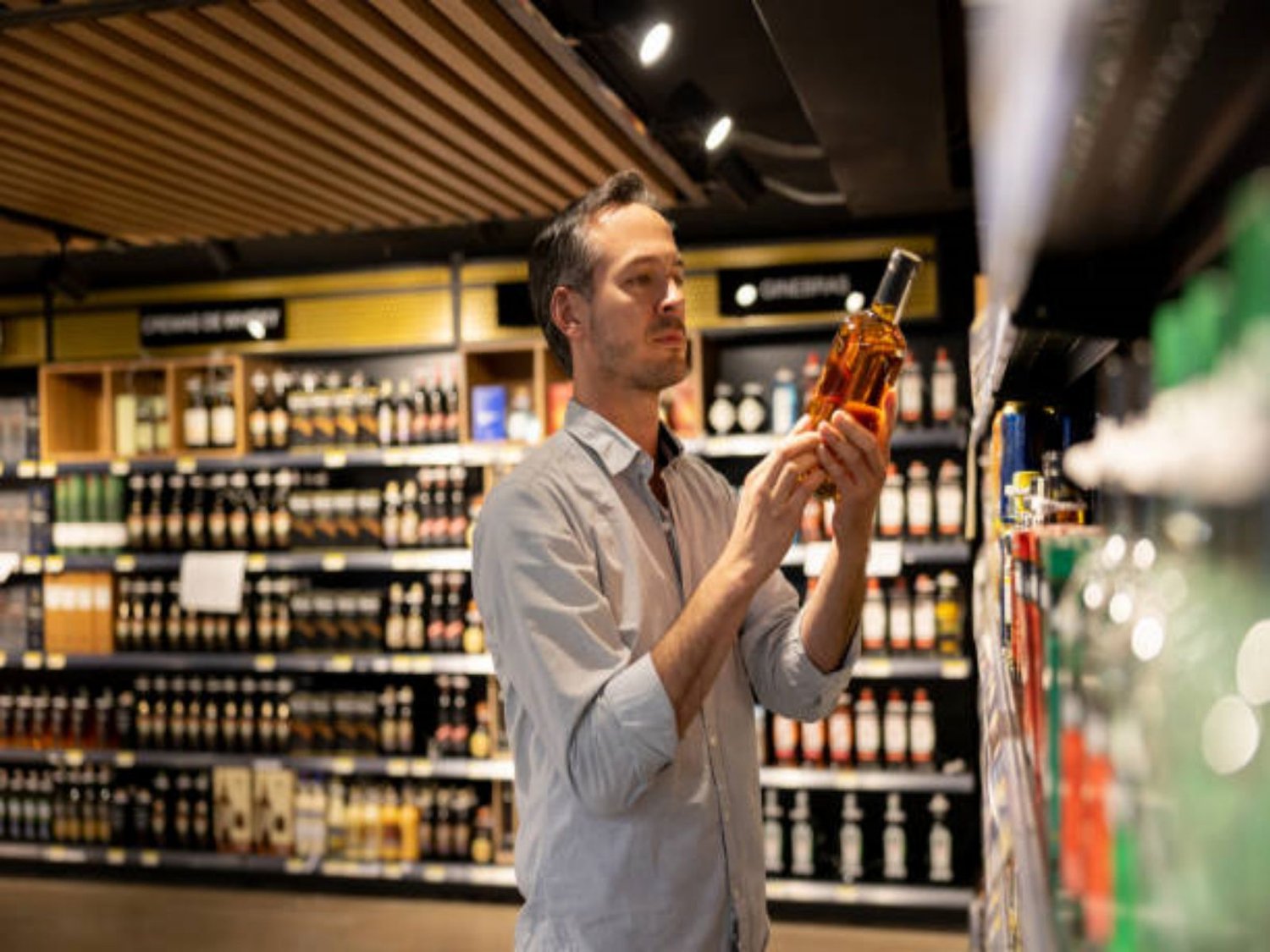Table of Contents

1. Choosing the Right Location
One of the most critical factors in opening a successful liquor store is choosing the right location. Your store's location can greatly impact its success, so it's important to carefully consider a few key factors. Firstly, look for areas with a high population density and a strong potential customer base. Additionally, consider the proximity to other businesses and the accessibility of the location. A convenient and visible location can attract more customers and increase your chances of success.
2. Understanding the Legal Requirements
Before opening a liquor store, it's essential to familiarize yourself with the legal requirements and regulations governing the sale of alcohol in your area. These requirements can vary significantly from one jurisdiction to another, so it's crucial to research and comply with all the necessary permits, licenses, and regulations. This includes obtaining a liquor license, adhering to zoning regulations, and understanding the rules regarding the sale and distribution of alcohol.
3. Creating a Solid Business Plan
A well-crafted business plan is vital for the success of any liquor store. It helps you outline your goals, identify your target market, and establish a roadmap to profitability. Your business plan should include details about your store's concept, target audience, marketing strategies, financial projections, and operational plans. It's also important to conduct a thorough market analysis to understand the competition and consumer demands in your area.
4. Building an Attractive Store Layout
The layout and design of your liquor store can have a significant impact on customer experience and sales. Create an attractive and functional store layout that allows for easy navigation and showcases your products effectively. Consider factors such as the placement of popular items, clear signage, and a well-organized inventory system. A visually appealing store with a logical flow can enhance the overall shopping experience and encourage repeat customers.
5. Curating a Wide Selection of Products
A successful liquor store offers a wide selection of products to cater to different customer preferences. Research the local market to understand the demand for various types of alcoholic beverages, including wines, spirits, beers, and specialty products. Consider offering a mix of popular brands and unique, high-quality options to differentiate yourself from competitors. Regularly update your inventory based on customer feedback and market trends to keep your offerings fresh and appealing.
6. Providing Exceptional Customer Service
Customer service plays a crucial role in the success of any retail business, including a liquor store. Train your staff to provide exceptional customer service by being knowledgeable about the products, offering recommendations, and assisting customers with their inquiries. Creating a positive and welcoming atmosphere can help build customer loyalty and generate positive word-of-mouth referrals.
7. Implementing Effective Marketing Strategies
To attract customers and increase sales, it's essential to implement effective marketing strategies. Utilize both online and offline marketing channels to reach your target audience. Develop a strong online presence through social media platforms, a user-friendly website, and online advertising. Additionally, consider traditional marketing methods such as print ads, flyers, and local partnerships. Offering promotions, discounts, and loyalty programs can also help drive customer engagement and repeat business.
8. Managing Inventory and Pricing
Proper inventory management is crucial for a successful liquor store. Implement a robust inventory management system to track stock levels, monitor product turnover, and identify popular items. Regularly review and adjust your pricing strategy based on market trends, competition, and customer demand. Offering competitive prices and strategic promotions can help attract price-conscious customers and increase overall sales.
9. Staying Up-to-Date with Industry Trends
The liquor industry is constantly evolving, with new trends and consumer preferences emerging regularly. Stay informed about industry trends, new product releases, and changing consumer behaviors. Attend trade shows, join industry associations, and network with other professionals to stay ahead of the curve. By adapting to market changes and offering innovative products, you can position your liquor store as a destination for customers seeking the latest trends.
10. Continuous Evaluation and Improvement
Lastly, continuously evaluate the performance of your liquor store and identify areas for improvement. Monitor key performance indicators such as sales, customer satisfaction, and market share. Collect feedback from customers and implement necessary changes to enhance their experience. Regularly review your business plan, update strategies, and adapt to market conditions to ensure the long-term success of your liquor store.
